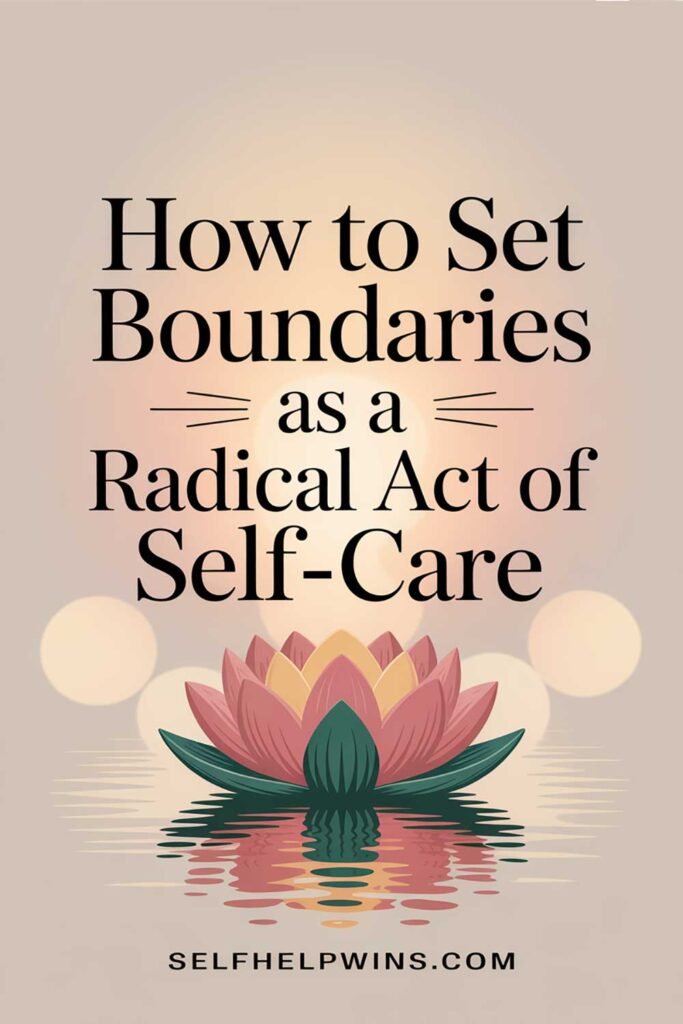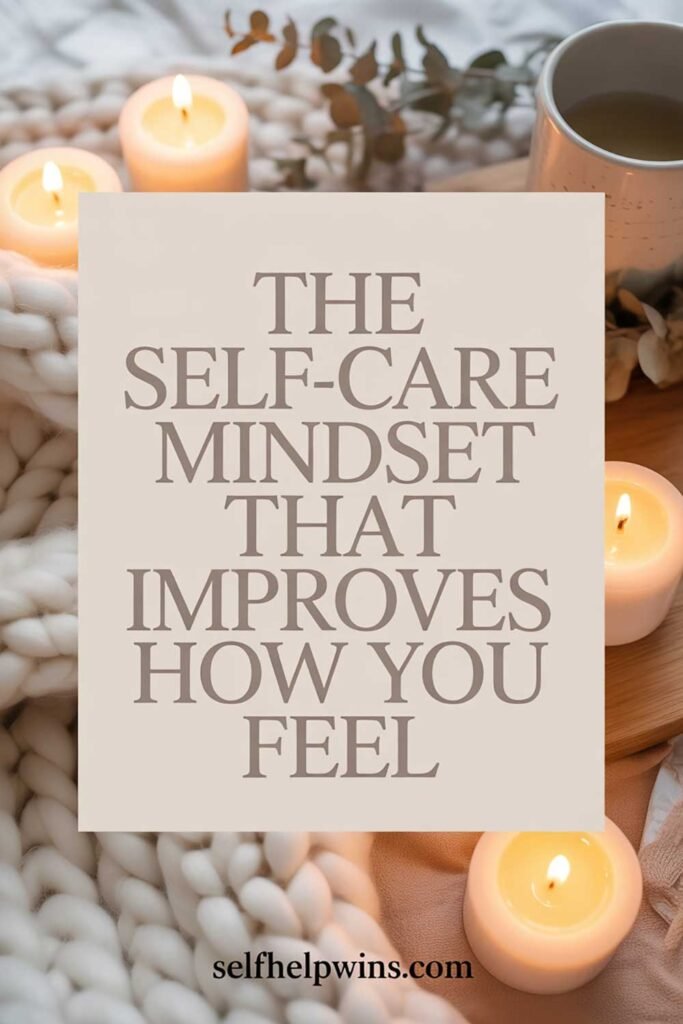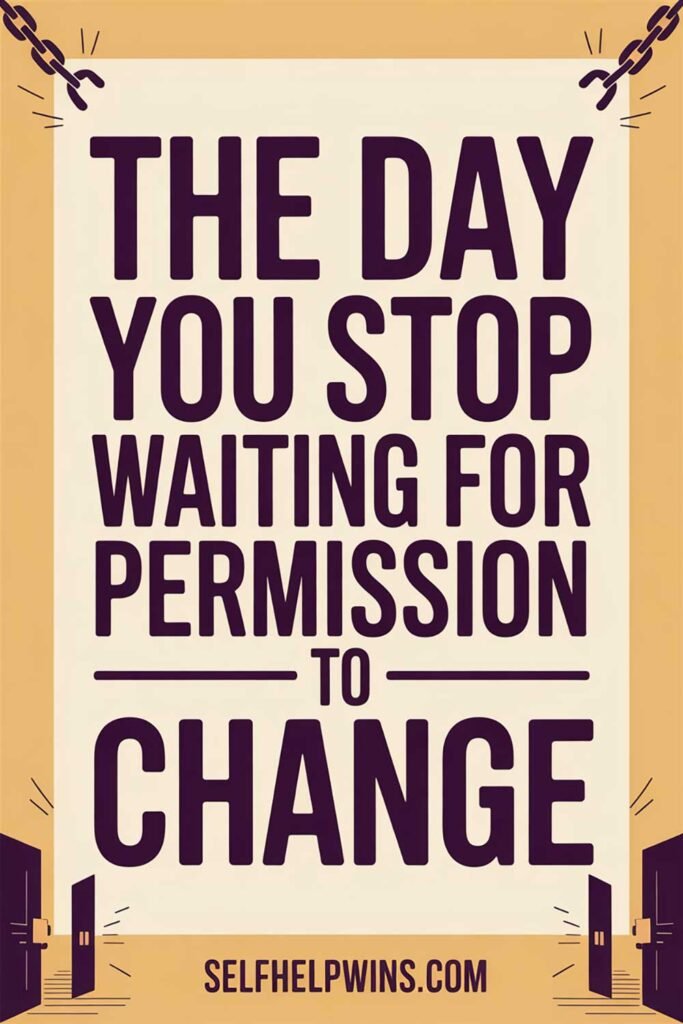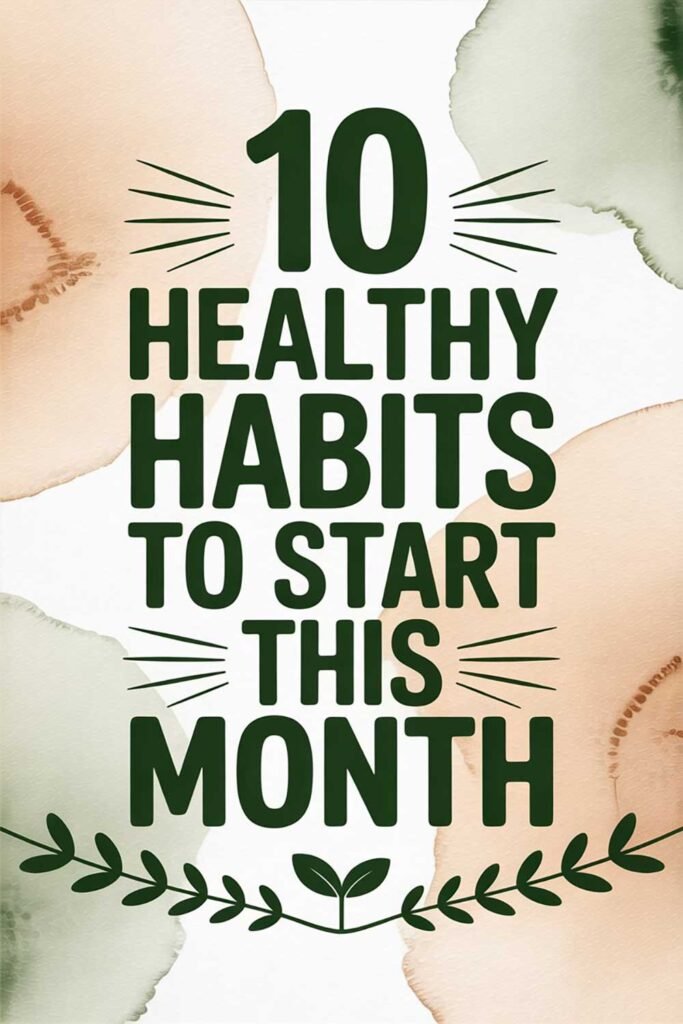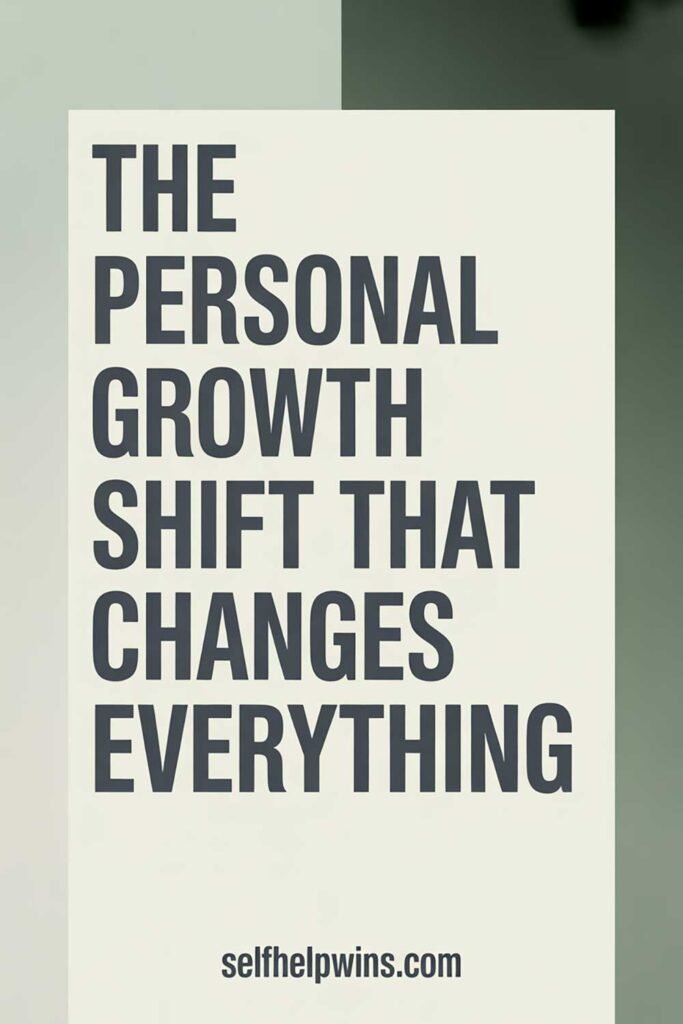
How to Express Your Needs Without Feeling Guilty
Many people struggle with expressing their needs, fearing they will come across as selfish or demanding. However, advocating for yourself is not only healthy but also necessary for personal well-being and strong relationships. Learning how to communicate your needs without guilt can lead to more fulfilling connections and a greater sense of self-respect. Here’s how to do it effectively.
1. Recognize That Your Needs Are Valid
The first step in expressing your needs confidently is understanding that your feelings and desires are legitimate. Everyone has needs—whether emotional, physical, or psychological—and acknowledging them is essential for a balanced life.

How to Validate Your Needs:
- Remind yourself that everyone has needs, and yours matter just as much.
- Identify recurring patterns where you suppress your needs to please others.
- Shift your mindset from feeling selfish to recognizing self-care as essential.
2. Use “I” Statements
Expressing your needs effectively requires clear and assertive communication. Using “I” statements can help you articulate your needs without sounding accusatory or confrontational.
Examples of “I” Statements:
- Instead of saying, “You never listen to me,” try “I feel unheard when my thoughts aren’t acknowledged.”
- Replace “You always ignore my needs” with “I need more support in this area to feel valued.”
3. Set Boundaries with Confidence
Healthy boundaries help protect your emotional and physical well-being. Establishing boundaries allows you to prioritize yourself without feeling guilty.
Tips for Setting Boundaries:
- Be clear about what you need and why it’s important.
- Stay firm but respectful when enforcing your boundaries.
- Understand that saying “no” is not rude—it’s a form of self-respect.
4. Reframe Guilt as a Sign of Growth
Feeling guilty for expressing your needs often stems from deep-seated conditioning. Instead of letting guilt control you, recognize it as a sign that you’re stepping outside your comfort zone.
Ways to Reframe Guilt:
- Acknowledge that guilt doesn’t mean you’re doing something wrong.
- Recognize that prioritizing yourself strengthens—not weakens—your relationships.
- View guilt as an opportunity to build confidence in self-expression.
5. Be Assertive, Not Aggressive
There is a difference between asserting your needs and being aggressive. Assertiveness allows you to communicate clearly while maintaining respect for yourself and others.
How to Be Assertive:
- Speak with a calm, steady tone.
- Use direct language that leaves no room for misinterpretation.
- Maintain eye contact and confident body language.
6. Practice Self-Compassion
Self-compassion helps ease feelings of guilt and self-doubt. When you treat yourself with kindness, you reinforce the belief that you deserve to have your needs met.
Self-Compassion Strategies:
- Talk to yourself as you would to a supportive friend.
- Acknowledge your progress in advocating for yourself.
- Let go of the fear of disappointing others in favor of honoring yourself.
7. Prepare for Different Reactions
Not everyone will respond positively when you start asserting your needs, and that’s okay. Expect some resistance, but remember that prioritizing your well-being is not up for debate.
How to Handle Negative Reactions:
- Stay calm and reiterate your needs without apologizing.
- Accept that you can’t control others’ responses—only how you communicate.
- Seek support from those who respect and validate your boundaries.
8. Start Small and Build Confidence
If expressing your needs feels overwhelming, start with small, low-stakes situations. Gradually build your confidence until it becomes second nature.
Small Steps to Begin:
- Ask for a specific favor from a close friend.
- Express a preference in a group setting (e.g., choosing a restaurant).
- Politely decline a request that doesn’t align with your priorities.
Picture This
Imagine a life where you confidently express your needs without hesitation. You no longer feel guilty for prioritizing yourself, and your relationships thrive because of your honesty and self-respect. Instead of suppressing your desires to keep others happy, you communicate openly and feel truly heard. Each conversation strengthens your confidence, and self-care becomes a natural part of your daily routine.
How much more fulfilling would your life be if you embraced the power of self-expression?
Please Share This Article
If this article resonated with you, please share it with anyone struggling to express their needs. A small act of sharing could empower someone to speak up for themselves with confidence and clarity.

